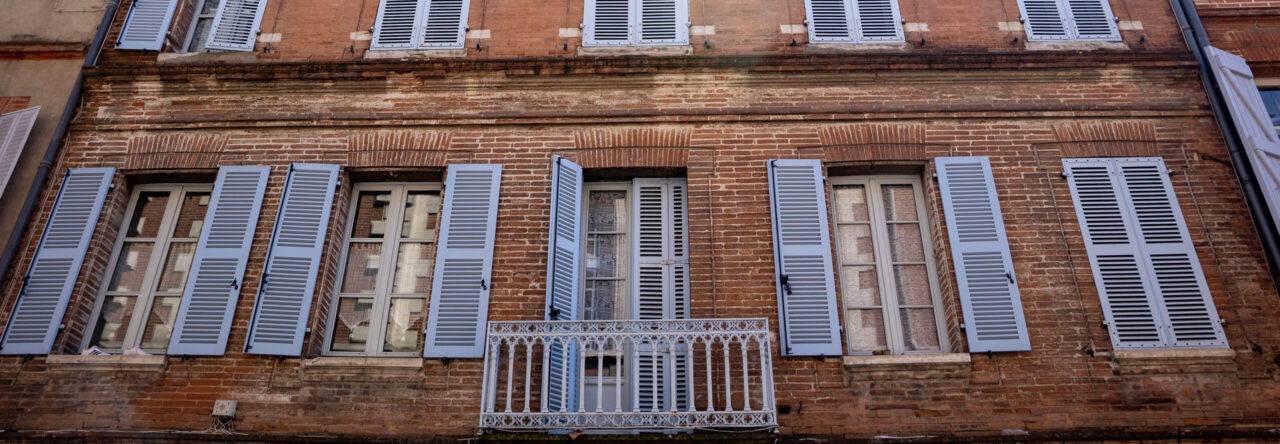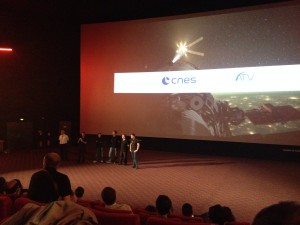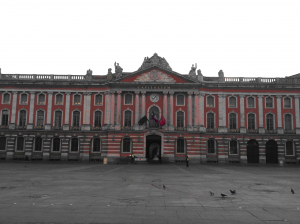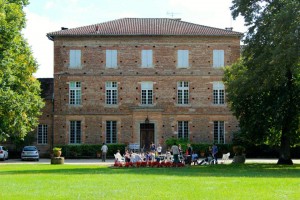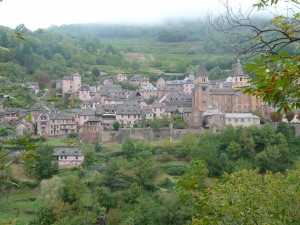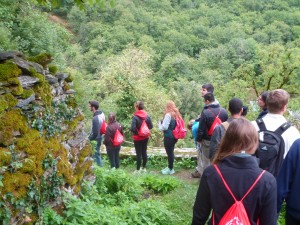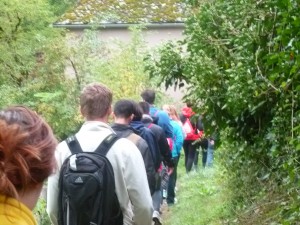When I arrived in Toulouse I didn’t expect my life to be completely changed in three weeks. The way I express my self has changed through my body language, gestures, and the way I take up space in public. It’s as if I were becoming a new person. There are differences that I notice everyday, although small, between the person I am in the USA and the person I am in Toulouse. Every morning I eat breakfast, which is something I never did or had time for in the USA. This little routine has changed the way I begin my day as it forces me to wake up earlier and gives me more free time for my day. This simple autonomy shows how life as a foreign student has changed me. Interacting with my hosts, that is to say how we make dinner together and the way we speak to one another, does not resemble my reality at home. At first it was weird to eat together and discuss different topics over dinner. I used to eat alone or in my room. In France, meals are for communication and to share our thoughts. Since I’ve been in France, one generally walks in the city to find a restaurant and after looking at the menu, which is located outside of the restaurant, one decides to eat there. The act of eating is an experience that is very different from the United States. In fact, the relationship between conversation and food is truly a French cultural trait. When we eat, there is a relaxed atmosphere; we are going to relax because the time to eat is a time of leisure that is neither measured nor rushed. I had to change my American mentality and become French. Toulouse life seems quiet but at the same time everyone has things to do. For foreign students, Toulouse is not overwhelming, but alive.
-Samantha Mendoza-Ferguson
